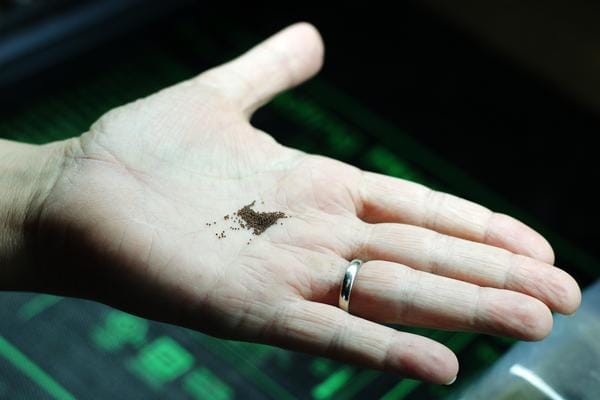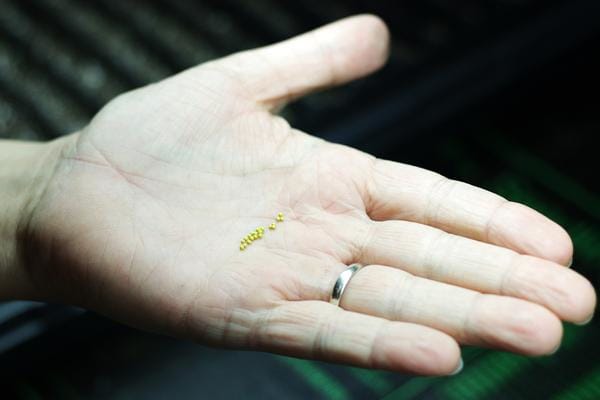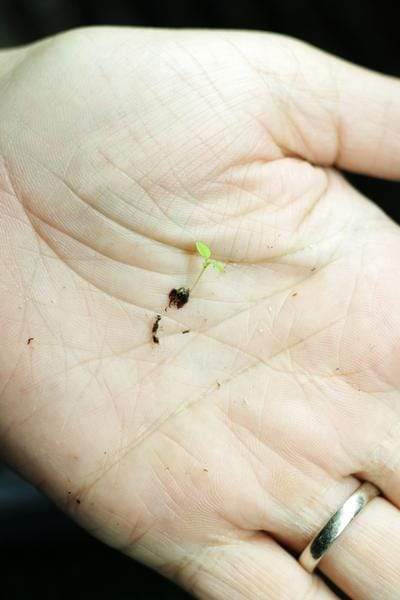How to Grow Petunias from Seed
Originally from South America, petunias are a trumpet shaped flower and mostly grown as annuals in the US (although the can be perennials in zones 9-12). They are great for containers, borders, or bedding.
Why we love Petunias:
- So MANY options! It is easy to find a petunia that works well with your planting needs.
- VERSATILE! Easy to grow, resilient, and great for so many locations.
- Great BLOOMERS that continue all summer!
- They come in almost every COLOR! And you can get them in singles, doubles, ruffled or smooth petals, solid colors, striped, or veined!


Petunias seeds come in pelleted and non-pelleted varieties. Pelleted seeds are coated to create both a larger and more uniform seeds. Pelleted seeds are easier to space when planting, reducing the need to thin later, and can be used with a hand-held seeder. The coating easily dissolves in moisture.
Varieties:
Wave Series: This group is a spreading variety (about 4 feet wide) that blooms abundantly without the need to be trimmed back. It is tolerant of both heat and drought.
Multiflora Series: The Multiflora petunias are smaller overall but with more blooms. One major advantage to this variety is they are sturdier against wind and rain. They also require no deadheading. Multiflora is a great choice for flower beds and containers and give them a try for your cutting garden.
Growing Petunias from Seed:
-
Start inside 10-12 weeks before you plan to move them outside (after the last frost of your area and after hardening off).



- Flatten the surface of the soil and press lightly then water. We recommend the Coast of Maine Sprout Island and the 20 Row Seedling Flat.
-

- Cover the trays with a Propagation Dome and keep them warm (70-85 degrees F soil temperature). A Heat Mat is a great way to keep the temperature up.
- Light is very important for Petunias. They need at least 5 hours a day. Avoid direct sunlight but place them in a bright area. You can choose to use lights, like the Jump Start System, but be sure to keep them 4-6 inches above and move them up as the seedlings grow.
-

- Sprouts will come up in 7-10 days. Remove the cover at that point and move to a cooler place (60-65 degrees F soil temperature).
- Once transplanted, water 1 inch per week if in the ground and more if in containers.
- Fertilize once a month. Containers and double-flower varieties require additional fertilization for the optimal growing.
- A good potting soil with fertilizing every 2 weeks is recommended for containers. Mixing in time release fertilizer, like the Down to Earth Rose and Flower Fertilizer Mix, will help keep them looking good. Do not let them dry out by keeping them well watered. The roots will fill up the container quickly.
- Removing dead blossoms (or deadheading) will help prolong blooming.

Need help with seed starting? We wrote a blog post on it. Read it HERE.
Be sure to check out our full selection of Petunias. What is your favorite variety to grow?


HI Byron! The petunia ancillaris is the parent to most varieties of petunias and probably what you remember. The Tidal Wave Silver smells amazing at night if you are looking for a good current day substitute.
Whatever happened to to the old fashioned petunias that emitted a pleasant fragrance on a warm summer night?